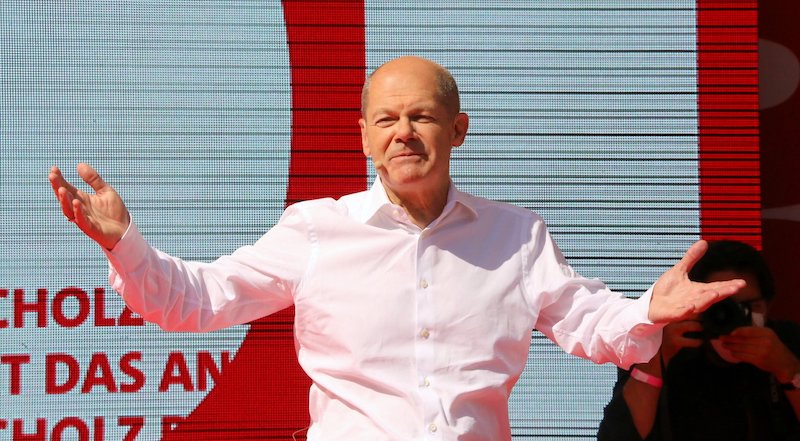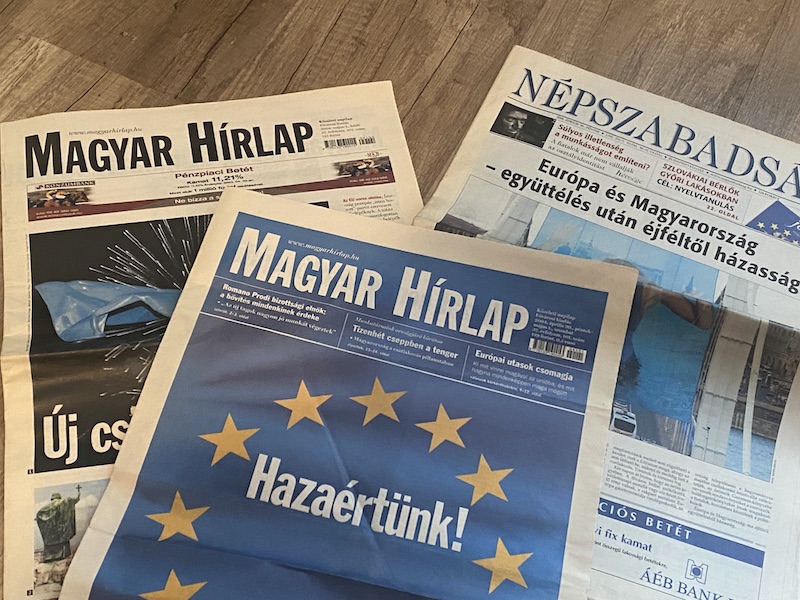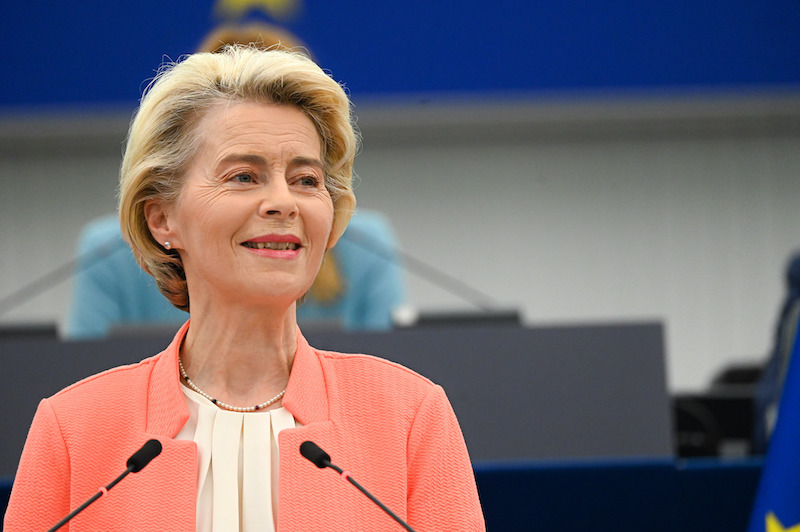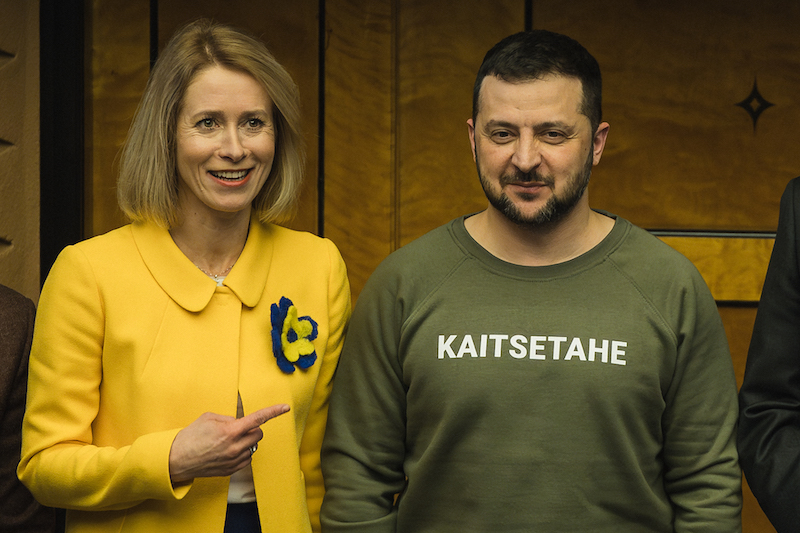In last December’s EU summit in Brussels, Germany’s Olaf Scholz pulled a fast one. After a brain-numbing debate on Ukraine’s accession talks, he invited Hungary’s Viktor Orbán to grab a coffee. As soon as he left, the other member states voted for Ukraine’s EU accession to proceed.
Many in North Macedonia were flabbergasted.
Could no one have offered a freddo espresso to the Greek PM and the Bulgarian leader, in order to unblock their countries’ intransigence at granting North Macedonia the start of EU accession talks for almost three decades?
We have been stuck since 2005 in candidate country status. The Greek Euro-Atlantic blockade precedes even that, and dates back to the early 1990s.
Athens prevented Skopje’s aspirations for twenty years over what many have described as an ‘irrational’ name dispute.
Sofia now keeps both Albania and North Macedonia at bay, in an even more illogical dispute based on history, language and identity issues, in which Sofia claims that Macedonian is a Bulgarian dialect and the roots of the Macedonian people are Bulgarian.
“The EU allows its members to use their place in the bloc as leverage against their neighbours. It is the most anti-European thing one can imagine,” said Albanian PM Edi Rama at the Munich Security Conference, frustrated that his country, which is partnered-up with North Macedonia, is also blocked from launching EU accession talks.
In light of Putin’s aggression, in which Hungary blatantly misused its right to veto, embarrassing and blocking Brussels from action, a group of nine countries last year declared they want to ditch the veto from foreign policy decision making. Germany and France were among them.
They argue the veto rule has forced weak compromises and made the EU ineffective on the global stage.
Western Balkan candidates, who have been left to suffer instability, corruption, populism and foreign influences, have no reason to celebrate.
While the way out of unanimity lies within the EU acts in the form of qualified majority, there is a catch 22. In order to allow non-unanimity, Brussels would need, you guessed it ― unanimity.
Meanwhile, Scholz’s coffee trick can only work once.






